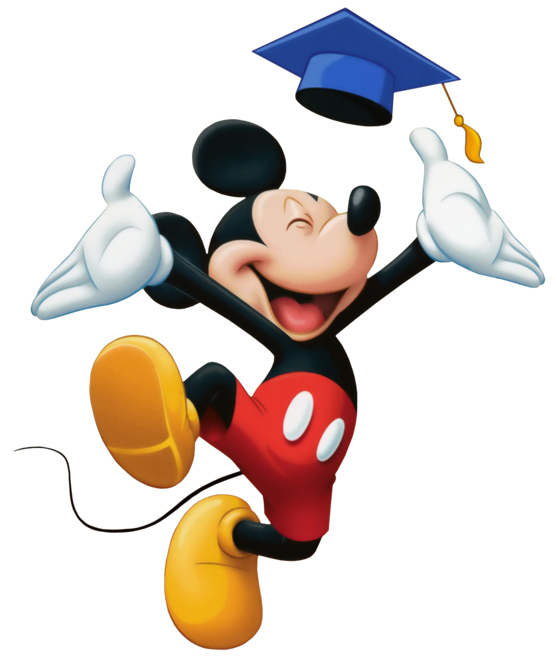Amidst the plethora of essays that I’m currently working on (supposed to working on, anyway), it is difficult to take out time to pen down something. Yes, let us go back to the time when writing was romanticized by the traditions of pen and paper – a writer can dream! I think what I’m going to touch upon is in dire need to be put out there, even if it’s just for my own satisfaction, or rather, my sanity. Point being, the overtly dissed, yet unabashedly intriguing and increasingly relevant ‘Micky Mouse Degree’. Yes, that is what most degrees offered by a Media School are commonly and ignorantly referred to.
Human beings, as psychology has proven, are often resistant to change, as part of their core nature. And anything that is new or different is bound to be rejected on the grounds of unflattering characteristics, such as the level of difficulty and usefulness, in the case of Media degrees. Since Communication and Media are relatively newer fields of academia, it’s only obvious that traditionalists – with their old-is-gold mind-set – are bound to find this field rather perplexing and are not likely to buy into it just yet. But the younger generation, that is so heavily dependent on the modern-day media, should know better than that.
As a student of the University of Leeds Media School pursuing a Russell Group Honours degree, I am not going to shy away from this topic. I am not going to keep quiet in an argument that disses my degree, just on the basis of its face value. I am not going to bow down to an ignorant, self-proclaimed flag-bearer of all-things-important in the world and let them feel superior to me. I am not going to drown in some hoax guilt of not going after a conventional or ‘more important’ field of study, because my degree has taught me better than that.
In this day and age, where social media (oh look, media!) and digital content has taken the world by storm, and where issues in current journalistic structures, algorithmic news-gathering and print-to-digital convergence have contributed to some of the most problematic societal outcomes that the world has ever witnessed (such as Trump elections and Brexit), media degrees are more relevant and crucial than ever before. It is imperative to come to terms with the fact that media plays an enormous role in one’s daily life. In fact, media has merged into our lives in such a way that it is almost impossible to segregate it and discuss it in isolation.
The consumption of popular culture, mass entertainment, and information has become second nature to today’s youth. But what people fail to acknowledge is that there are implications. Implications that you might not realize and understand in your daily lives, but come to slap you right in the face, with enormous societal catastrophes. For instance, two superpower nations going haywire, simply on the basis of misguided, misinformed, polarized public vote. Who persuades the public to vote? Who runs the campaigns? Who governs the agenda of these propagandas? Perhaps, the Mickey Mouse degree that you loathe might be able to inform you and, perhaps, enlighten you!
So, when you go home from a long day at work in a fancy bank or some leading geotechnical firm, and desperately crave some me-time with Netflix, remember that Mickey Mouse degree. Because you might not understand the longitudinal and wider impacts of your simple guilty pleasures, but we do. And trust me, it’s a whole lot more complicated than just coincidentally finding your next-best show on that ‘recommendations’ list and accidentally binge-watching a whole new series!
Somya Mehta
(Image courtesy of: https://lukepainesblog.wordpress.com/2014/09/)

